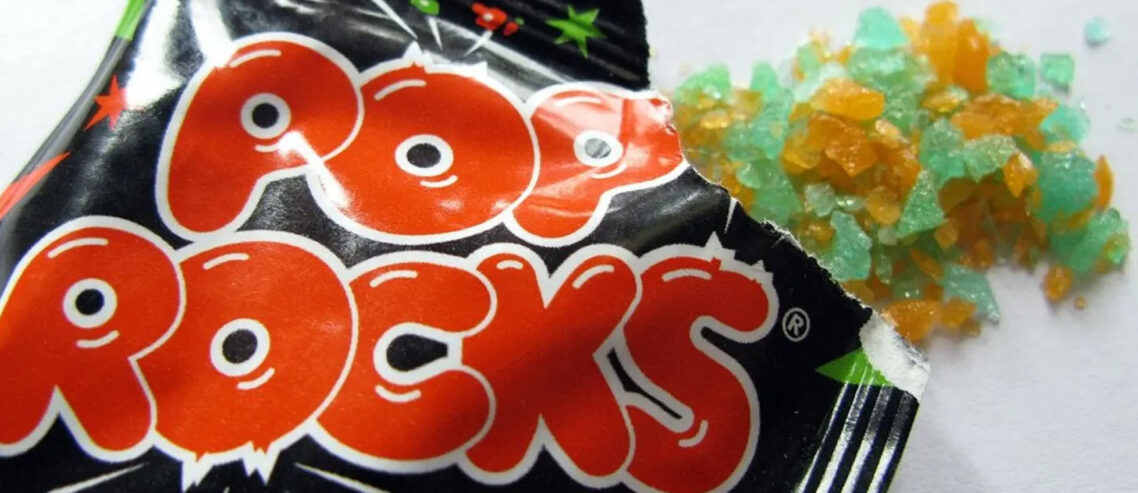The100: ‘Good enough’ traps, empathy aptitude and a letter to all men
Should we bin empathy?
By the time you read this, I’ll hopefully be on a beach just outside of Barcelona, taking a breather after our ‘You Are Not Your Consumer’ event in London yesterday. I always love organising our conferences, but I also really enjoy it when they’re over 😂
I’ll share clips from the day in coming weeks. However, in the meantime, here’s a recent piece from one of yesterday’s speakers, Andrew Tenzer. Andrew wrote about how research shows marketers have no special aptitude for empathy:
“There is a persistent belief in the industry that we have stronger empathy and we’re trained to overcome our biases. It turns out that we’re more likely to be driven by these biases than the general population!”
Generational Astrology
William Charnock penned a fabulous piece on what is so different about marketing to the aged 50 plus. Firstly ripping apart generational labels, and then jabbing at the reductive and transactional nature of the marketing industry today:
“When you reduce customers to simple numbers and brands to functional transactions somewhere at the bottom end of the marketing funnel, you slowly erode the bigger, less tangible, and less measurable equities of a brand […] Like how people feel about them, what they feel about the experience, whether they and their friends talk about them or not […] Incidentally, don’t think it’s a coincidence that at the same time as the industry has this extreme focus on the tangible, predictable, and measurable metrics, a lot of brands —and in some cases entire categories — are experiencing a crisis of confidence and trust from their customers.”
Traps – beware
You’ve probably heard of ‘the good enough principle’. But what about ‘the good enough trap’? Enter Ian Leslie, stage left:
“At work and in life, it’s often true that the optimal strategy is not to strive for the optimal result, but to aim for what works and hope for the best […] Sometimes we allow ourselves to get stuck with a product which is good enough to displace the competition, without fulfilling the same range of needs. The psychological and social ramifications can be profound […] Let’s say you’re a student and you use ChatGPT to write your essays for you. […] Maybe you get through the whole of university this way. But be wary of this equilibrium. Over the longer term, you will be stunting the growth of your own mind.”
Do you see the good-enough-principle or -trap in market research? I do like to talk about this stuff, so if anyone fancies a chat about it, email me.
Semi-related, a cartoon from Private Eye this week…


Comments
Comments are disabled for this post